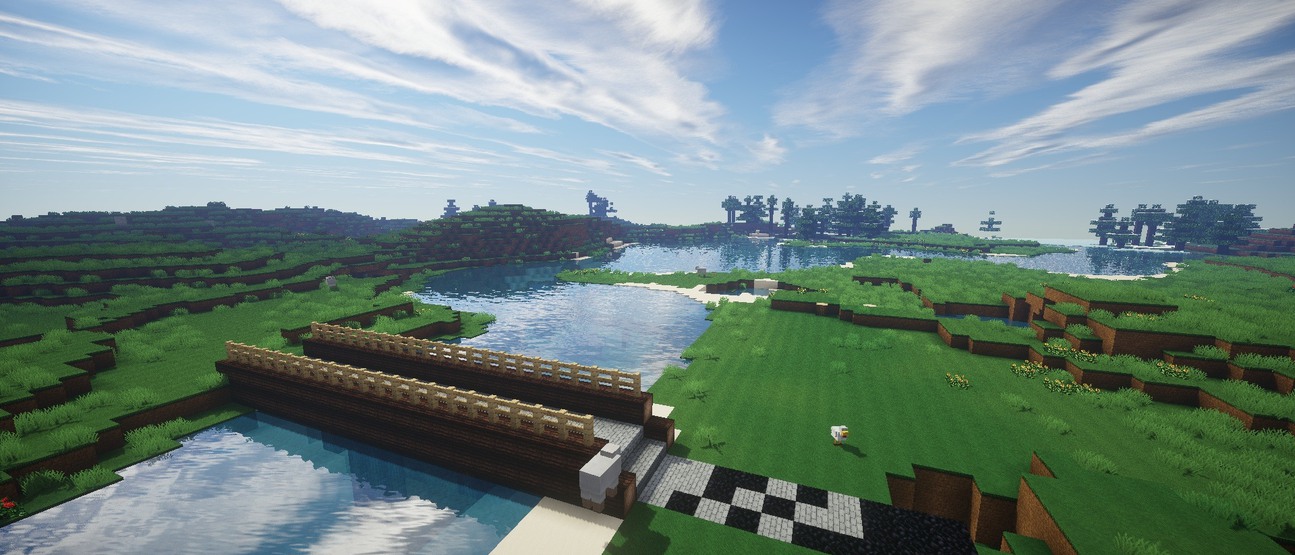Per Backlund
School of Informatics


Game Hub Scandinavia aims to strengthen the Scandinavian position in the global game community. In the Game Hub Scandinavia project researchers and business developers’ work together to build knowledge and networks in the global game development community in order to support Scandinavian studios on the global game market.
The research is primarily targeting game localization (how games are developed/adapted for different markets) and how to use Business Intelligence techniques to support game publishing. The project also aims to build international networks for the benefit of the Scandinavian game development community. These networks include academia as well as business and aims to provide students and studios to connect to the global game development community. Game Hub Scandinavia have two ongoing doctoral thesis projects.
Doctoral thesis projects by Marcus Toftedahl. Since the “app store” was popularized with the introduction of the Iphone, games on all platforms have gradually moved from distribution on physical media towards an all-digital distribution chain. This has had an impact on several areas of game development; a closer contact with the end consumer, fewer actors in the distribution chain, better possibilities to update and add content to a published product – and the possibility to games in any part of the world from any part of the world. The globalization of the game industry has made it possible for game developers of all sizes to act on a global market, making it possible to have the whole world as your presumed target audience.
The aim of this thesis project is to get a deeper understanding of the challenges an “indie” game developer with limited resources faces when operating on a global, digitally distributed market. The research is carried out from a developer perspective, where localization as a development process is in focus. The aim is to understand the difficulties regarding game localization by studying practices by game developers, this in combination with prior research in the field of game-, software- and media localization.
A Taxonomy of Game Engines and the Tools that Drive the Industry. Toftedahl Marcus, Engström Henrik. DiGRA '19 - Proceedings of the 2019 DiGRA International Conference: Game, Play and the Emerging Ludo-Mix . 2019.
Game development from a software and creative product perspective: A quantitative literature review approach. Engström Henrik, Berg Marklund Björn, Backlund Per et al. Entertainment Computing, 2018, 27, 10-22.
Localization from an Indie Game Production Perspective: Why, When and How? Toftedahl Marcus, Backlund Per, Engström Henrik. DiGRA '18 - Proceedings of the 2018 DiGRA International Conference: The Game is the Message, 2018.
Missing: Understanding the Reception of a Serious Game by Analyzing App Store Data. Toftedahl Marcus, Backlund Per, Engström Henrik. International journal of serious games, 2018, 5(4), 3-22.
Doctoral thesis projects by Yanhui Su. With the appearance of smart mobile devices, the traditional game value chain has evolved into the new mobile game value chain. The mobile game value chain refers to a new situation where a game developer can publish mobile games directly through distribution channels such as Google Play and App Store. It makes game developer self-publishing possible. In addition, as more and more mobile games appear, we also see an increasing number of independent (indie) game development studios. Many indie game studios are good at game development, but most lack experience in game publishing. They do not know how user acquisition works and how to transfer users into loyal and also paying players.
This research focuses on the main points of mobile game self-publishing for indie game developers. Through interviews with indie game developers, the project will find out their main challenges with self-publishing. Based on the identified needs, a new model for working with game publishing will be developed. The model will cover the whole process of game publishing including Soft launch, Global launch, and Online Services. This new model will be based on game analytics and will guide the decision-making of mobile game self-publishing.
The main contribution of this research is based on the game industry value chain evolution and also the indie game interviews, to identify key issues for indie game developers mobile game self-publishing, then to propose a new model for guiding the whole indie mobile game self-publishing process.
The Fish Tank Model for Mobile Game Publishing Business Performance Evaluation. Yanhui Su, Per Backlund och Henrik Engström. Information Systems Development: Information Systems Beyond 2020: ISD2019 Proceedings / [ed] A Siarheyeva, C Barry, M Lang, H Linger, C Schneider, 2019
Data-driven Model for Mobile Game Self-publishing. Yanhui Su. BIR-WS 2019, BIR 2019 Workshops and Doctoral Consortium: Joint Proceedings of the BIR 2019 Workshops and Doctoral Consortiumco-located with 18th International Conference on Perspectives in Business Informatics Research (BIR 2019)
Game Analytics Research: Status and Trends. Yanhui Su. In: Chao KM., Jiang L., Hussain O., Ma SP., Fei X. (eds) Advances in E-Business Engineering for Ubiquitous Computing. ICEBE 2019. Lecture Notes on Data Engineering and Communications Technologies, vol 41. Springer, Cham.



